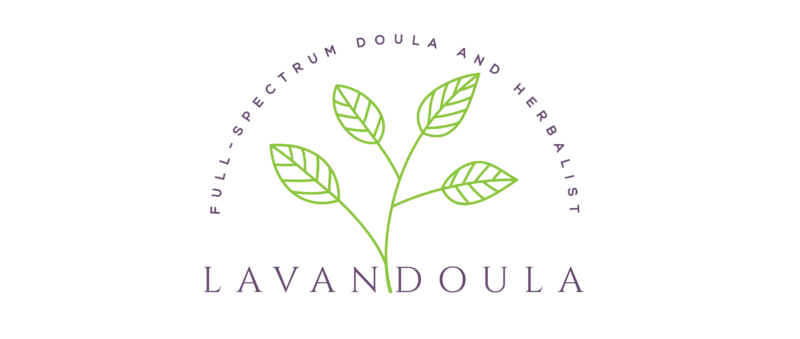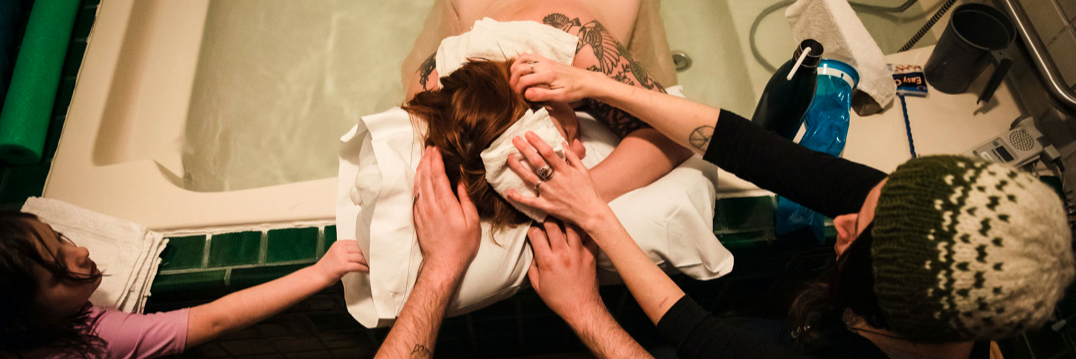Just a reminder that, even in Massachusetts, and even before Roe V. Wade was overturned, fake abortion clinics outnumbered real abortion clinics by the dozens. Nearly 30 are currently operating around Mass in 2024. If you, or anyone you know, is looking for a *real* abortion clinic, check out IneedanA.com.
Healthy, Affordable, Boston-Area Food
In order to make them more organized and accessible, I’m moving my resources page to a series of blog posts. Here I start with local to Boston food resources, including financially accessible options. High quality, local, wild and accessible food is the foundation of so much, and I want to keep spreading knowledge of resources to folks in my community. Here goes.
This Map of the “urban commons” in Somerville/Cambridge with public food sources. Mulberries and more!
Find a farmer’s market in your neighborhood.
How to use EBT/SNAP at local farmers markets.
The Neighborhood Farm in Needham has been known to have pay-what-you-can boxes available for their fresh produce at farmers markets in JP and Roslindale.
The Daily Table is a not-for-profit grocery store in Dorchester which serves fresh produce and ready-made healthy food. They seem to be opening a new location in Roxbury, as well.
Buckle Farm is where I source most of my and fresh produce year-round. He farms pork, too!
Consumer Reports: Your Biggest C-Section Risk May Be Your Hospital
While the World Health Organization states that the ideal rate for necessary cesarian births should be around 10-15% (with more recent studies showing that rates above 10% do not decrease mortality rates for parents or for babies), the US Office of Disease Prevention and Health Promotion (Department of Health and Human Services) sets our goal at 23.9%. Since this goal was set (as 10% lower than the average in 2007), approximately 60% of hospitals in the United States do not yet meet this goal.
Another doula and I were chatting about experiences at a local hospital where a client of mine awaited a planned cesarian for a suspected big baby. This doula mentioned that the birth site we were discussing was on the top of a list of local hospitals who perform medically unnecessary cesarian sections. She shared with me the consumer report on cesarian rates for low-risk babies. The report does not include cesarian statistics from anyone who has a prior cesarian, is carrying more than one baby, or who has a baby in anything but a head-down position. This data also doesn’t include anyone with a chronic health condition, heart problems, high blood pressure or obesity. Truly, this is a thorough compilation of comparative unnecessary cesarian rates, state-by-state.
Some takeaways about Boston-area birth sites:
The lowest cesarian section rates come from:
- Cambridge Health Alliance (which includes Cambridge Birth Center and Cambridge Hospital)
- Mount Auburn (don’t think any Boston-area birth worker is surprised about this)
- Massachusetts General Hospital
The worse-than-average cesarian section rates come from:
- Tufts Medical Center
- St. Elizabeth’s
- Newton-Wellesley Hospital
- Brigham and Women’s Hospital
- Boston Medical Center
The highest cesarian section rates come from:
- South Shore Hospital
- Brockton Hospital
- Melrose Wakefield Hospital (Hallmark Medical System)
Just something else to consider when choosing where to give birth around Boston!

